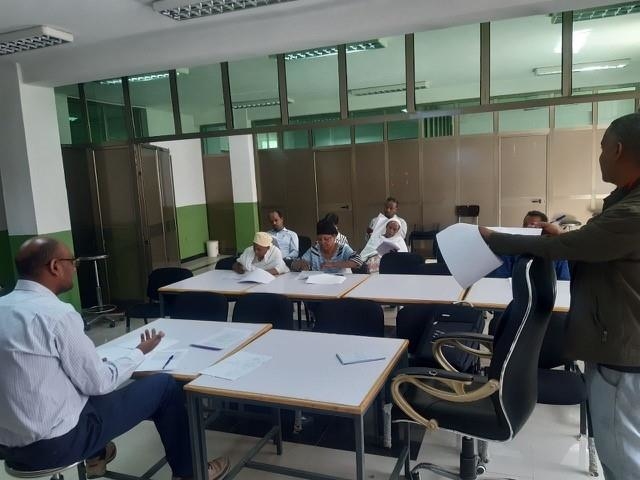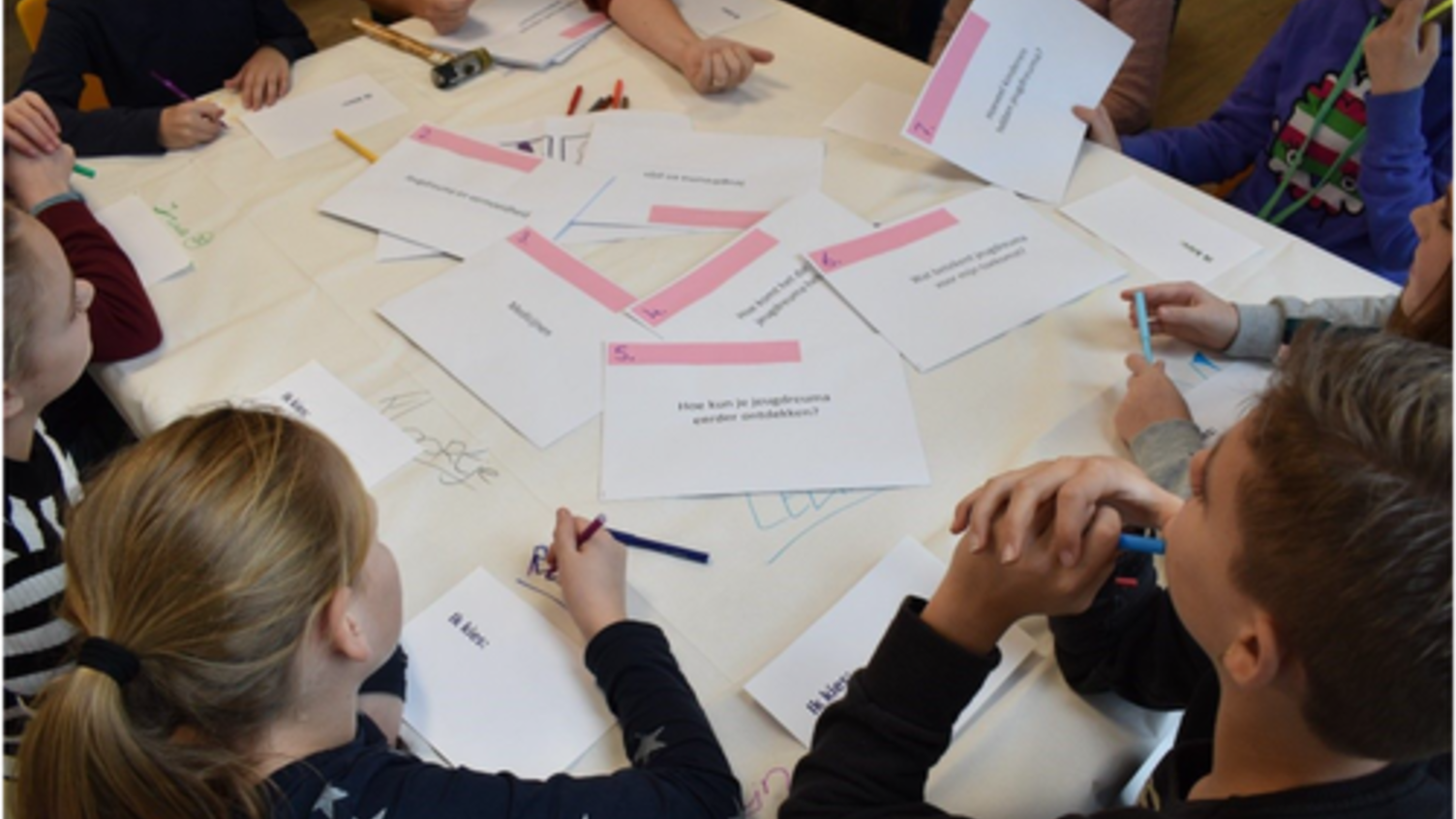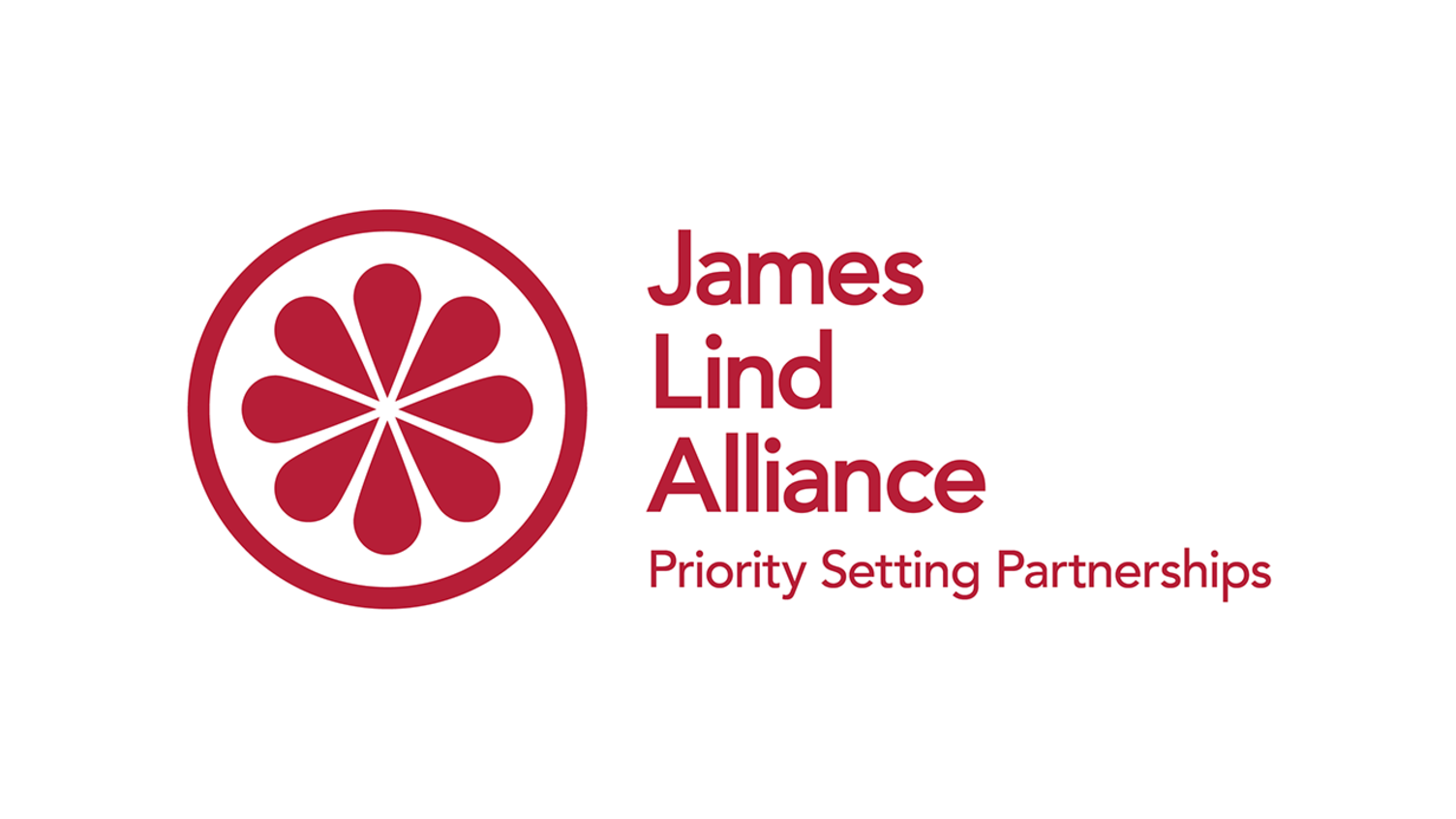Delivering the JLA Method of Priority Setting in Low- and Middle-Income Settings: Women's Genital Prolapse and Incontinence PSP (Gondar, Ethiopia)
- 08 March 2024
- 8 min read
As the reach of the James Lind Alliance (JLA) broadens, there are a growing number of international Priority Setting Partnerships (PSPs), and the JLA process is increasingly being adopted beyond the UK. In recognition of this growth, this article marks the first of a series of updates and reports on our work internationally. This series is kicking off with a focus on how the JLA priority setting method is delivered within a low- and middle-income country setting, what we are learning, and reflecting on the progress that has been made.
An update on the Women's Genital Prolapse and Incontinence PSP
The Women's Genital Prolapse and Incontinence Priority Setting Partnership (PSP) based in Gondar, Ethiopia, focuses on the diagnosis, management and long-term impact of women’s genital prolapse and incontinence and associated treatments, including surgical and non-surgical interventions. A particular challenge that is presented in Ethiopia is that many women with pelvic floor disorders access healthcare at advanced stages of their condition. The PSP has endeavoured to collate the key research questions from those affected by such conditions in their day to day lives in a personal and/ or professional capacity. This has included the involvement of women living with the condition, their support networks and the health and care professionals that encounter these conditions in their practice.
Though typical PSPs have an expected duration of 12-18 months, The Women's Genital Prolapse and Incontinence PSP has encountered many unprecedented challenges that have compromised its progress. Since the PSP started in 2019, unforeseen circumstances such as the COVID-19 pandemic and the start of the civil war in Tigray have delayed and postponed the PSP at various stages, creating barriers that have prevented the delivery of PSP activities. The impact of challenges has had many knock-on effects, for example some women have not been able to remain engaged in the work, it has not always been safe for people in the region to travel, and training local facilitators in the JLA methodology has had to take place via zoom.
Yet, in spite of this, the PSP has prevailed, managing to successfully carry out the JLA methodology as a means of investigating the unanswered evidence uncertainties of most importance to those with experience of pelvic floor disorders. Good practice and learning has emerged from the Women's Genital Prolapse and Incontinence PSP that can be valuable in the delivery of future PSPs.
Making adaptations to the traditional JLA method
An important element of every James Lind Alliance PSP is the formation of a Steering Group. Throughout the PSP, the Steering Group holds a consultative role, collaborating to devise the best ways to carry out an effective PSP process that generates the best outcome and ensuring the PSP is run successfully. The PSP Lead depends heavily on the expertise, guidance, and active involvement of the Steering Group; thus, it is important to ensure the right people, with diverse backgrounds, are brought together to form this group.

Image 1: Women's Genital Prolapse and Incontinence PSP Steering Group Meeting
The wealth of knowledege of the Steering Group collectively supports the process by answering the question:
“How can we implement the JLA methodology in a way that is appropriate for the communities we are trying to reach?”
For the Women's Genital Prolapse and Incontinence PSP, the Steering Group was consulted at every stage and influenced every aspect of the PSP, offering a space for strategies to be proposed and considered before being piloted in the field and advising on areas such as the best terminology to use with patients. Utilising the Steering Group in this way allowed for the traditional JLA method to be adapted to appropriately engage with the relevant communities. Below are some examples of how this was done:
Gathering uncertainties -
Commonly, when gathering uncertainties, PSPs depend heavily on digital forms of communication to obtain responses from those with relevant professional and/ or personal experience. This typically involves an online survey, promoted through social media channels and other online avenues. However, in the context of Gondar, Ethiopia, as many people in the local villages had limited/ no access to the internet, the Steering Group had to devise another way to hear from the community.
Whilst paper copies offered an appropriate solution for collecting the views of health and care professionals, due to the low literacy rates, it was not always an accessible way to hear from women with lived experience and their families. Instead, the data collectors (nurses from local health centres trained to support the JLA process) predominantly conducted visits to homes and rural health clinics, holding open interviews with patients and their support networks to find out what mattered most to them about their conditions. The success of this approach can be attributed to the PSP Lead’s strong existing links with midwives, nurses, health extension workers, and the Women Development Army. The PSP managed to engage with 392 people at this stage, including 251 patients, 69 carers and 72 health professionals, far surpassing their target of 60 participants!
Question shortlisting -
Another stage of the PSP process that required adaptation was the question shortlisting process. Once a PSP has gathered in uncertainties from the community, it summarises those into a list of questions which accurately represent the concerns that the community had. For the Women's Genital Prolapse and Incontinence PSP, as the uncertainties were gathered through interviews in the local language of Amharic, these interviews had to first be transcribed, before being summarised, translated into English, and formulated into research questions.
Then a PSP takes their summary questions and checks to make sure that they are unanswered by existing research, removing any that have been answered. The evidence check was made in the context of the Amhara region in Ethiopia. This means that questions that might be considered answered in a Western high income country context were not necessarily answered in the context of this PSP.
To identify those questions most important to the community from that list, the unanswered summary questions are presented to those with relevant experience to be voted for and ranked in a shortlisting survey. For the Women's Genital Prolapse and Incontinence PSP, this meant translating the remaining summary questions back into Amharic so the participants could understand them.
A challenge the Women's Genital Prolapse and Incontinence PSP found was that the summary questions they had created, and the thematic organisation of these questions, were not resonating with the community they were reaching out to. Women affected by pelvic floor conditions and their families did not all fully understand the questions or feel that their experiences were being appropriately captured in the summary question categories. During the pilot shortlisting survey patients and carers shared their experiences and what was most important to them. However, as many of the women and their families would express what mattered to them in their own words, this often would not align with the questions determined by the Steering Group, making it hard to tally, count and identify the research questions that were of greatest importance to those affected by genital prolapse and incontinence. Also, when reading through the list of summary questions, participants would focus on the questions they did understand and identify with, reiterating them to the data collectors without necessarily considering the list of summary questions in its entirety.
Through this learning, it was instead decided that the data collectors would read out the list of amended summary questions a couple of times before inviting participants to confirm whether “yes” it was important to them or “no” it was not important to them. Also, participants were not expected to have identified a specific number of priorities, e.g., someone could pick 10 questions as most important, whilst another could pick 4 questions. This allowed the PSP to identify which questions most people considered important and which they did not.
At this stage 124 people took part, including 72 patients, 15 carers and 37 health professionals.


Images 2 and 3: Trained data collectors piloting the shortlisting survey
The role of the JLA Adviser -
Adaptations were not only made when considering how to hear from health and care professionals, women, and their families; JLA Adviser, Toto Gronlund, also had to support the PSP in a different way. Usually, Steering Group meetings are chaired by the JLA Adviser supporting the PSP, however in this case, all meetings were held in Ethiopia and in Amharic to allow for the involvement and representation of patients and carers. Although Toto was able to attend the first Steering Group meeting in-person, she generally attended the remaining meetings virtually, as an observer. It is important to note that her presence did not interrupt the flow of the meetings as there was little-to-no emphasis on translating the sessions into English for her benefit. However, Toto’s presence was invaluable as she was able to get a sense of the group dynamic, observe inclusivity, equal voice, and body language, and could answer questions if needed. Toto was able to support with the delivery of the JLA approach throughout, ensuring the principles of the JLA were being followed at each stage.
What next for the Women's Genital Prolapse and Incontinence PSP?
The Women's Genital Prolapse and Incontinence Priority Setting Partnership marks the first PSP delivered in an African country. Not only this, but it is the first PSP to be exclusively delivered within a low- and middle-income context.
“This PSP has been a great milestone, not just for Ethiopia but also for other developing countries”
- Zelalem Mengistu, PSP Lead
Although, due to the civil war in the Amhara region, there were uncertainties about how the final priority setting workshop would be delivered, the PSP has now successfully completed its final workshop, in Gondar! The PSP hopes to soon publish the outcome of the workshop. The goal is for the Top 10 list of priorities to be used to shape healthcare service design in the future.
Still a lot to learn…
We are excited that we are bringing more patients, carers and health and care professionals together than ever before, but also acknowledge that we may not always get things right the first time. We recognise that the JLA still has a lot to learn about how our priority setting methodology can be appropriately adapted to better support PSPs delivered in low- and middle-income settings, the additional factors that PSPs would need to consider to be better prepared and the potential unique challenges and hurdles that these PSPs could face.
As more PSPs are hosted and conducted in countries beyond the UK, we are learning through our experiences, and using this emerging knowledge to shape and influence the JLA’s methodological practice. However, we are particularly keen to draw on the expertise within our community of supporters, and those with experience and knowledge of the JLA process. We would like to invite you to share any reflections and suggestions that you can, to help us to improve the way we collaborate and engage with diverse communities internationally.
Contact the JLA Coordinating Team to share your thoughts with us.
Thank you to Toto Gronlund, JLA Adviser, and Zelalem Mengistu, PSP Lead, for contributing to the first article in this series.


